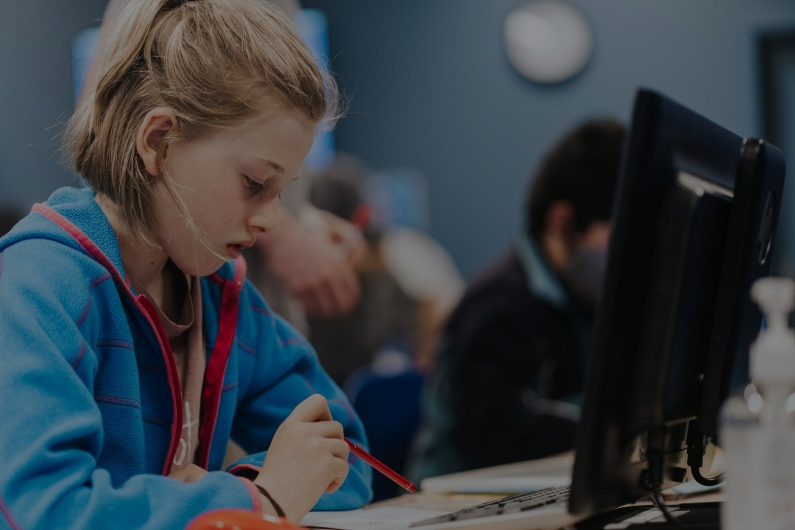4 benefits of reflection for children

Reflection is an important tool to empower children with, early in their lives. When encouraged to reflect, children build skills such as questioning, memory, investigating, explaining, and consideration. Reflection also helps children learn from their experiences, and develop their interpersonal skills. Learning the skill of reflection early in life helps set children up to become critical thinkers, who have the ability to learn from their achievements and mistakes. Reflection is a competency that is beneficial for children in both school and in life. This blog outlines 4 benefits of reflection for children - read on to learn more.
1. Self-awareness
Reflection is a key component of emotional intelligence. The act of reflecting helps children to understand themselves better, enables them to discover their likes and dislikes, and reconcile their weaknesses and strengths. It is important to mentor children and support them in building strong reflection skills. This helps children to establish a strong sense of self and an understanding of who they are. The process of reflection allows children to contemplate what makes them happy and where their interests lie. This exercise might help children to unearth enthusiasm for maths, English, computing, or art, and can set them on a trajectory to achieving highly in the areas they are passionate about.
2. Understanding others
As well as helping children to develop self-awareness, reflection can also help children to understand others. Reflecting on interactions with friends, family, and teachers can help children to better understand their relationships with others, and what makes them tick. Reflecting on feedback from parents and teachers also helps children to process the information they have been given, and better understand their own reactions to feedback, praise and criticism. Taking the time to reflect on both positive and negative interactions and experiences helps children to grow.
3. Personal development
Radical growth is often born from adversity, challenges, or difficult experiences, that push us to go beyond our existing limitations. When children encounter a challenge, whether that is struggling to grasp a maths concept, failing a test, losing a friend, or making a mistake, it is important to encourage them to use it as an opportunity to grow. Reflection is a key tool for cultivating this growth. Help your child to think through what happened, what went wrong, and how they can learn from the experience, to do better next time. This might be an informal practice of asking your child questions in a supportive manner which allows them to be vulnerable, or it might be a more structured approach, where they are given a few writing prompts, and make note of their thoughts and feelings.
4. Building confidence
Through understanding both themselves and others better, and focusing on personal growth, children naturally build confidence. Reflection helps children to develop a secure and confident knowledge base, and sense of self, that empowers them to take on new challenges, learn from mistakes, and try new things. Help your children to make reflection a habit and incorporate it into their routine. This practice allows children to nurture contemplation skills and accept the ups and downs that life throws at them, while building resilience and confidence to take on challenges.
Reflection is one of the keys to personal growth and development. By making reflection a habit, children learn to appreciate their strengths, and make choices that align with their interests and values. It can also help children to self-identify weaknesses and focus on developing themselves in these areas. If your child is an English or maths whizz, and wants to take their learning to the next level, or is struggling at school, NumberWorks’nWords tutoring can help them on their academic journey. Get in touch with your local centre to learn more, or book a free assessment today.



